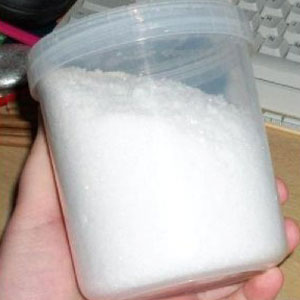After finishing A Head Full of Ghosts, I couldn’t help but feel sympathy for the multitudes of times innocent characters were taken advantage of and manipulated. For starters, the most obviously manipulated character can be seen as child Merry; she always feels tricked by her sister, she gets roped into an entire TV show exploiting her young life, and the producers themselves almost seem like they’re only using her too. Perhaps the most shocking manipulation was the very end when Merry was tricked into poisoning her family. This also happens to be the part that I’m unsure who the manipulator actually is. I have doubts that the father actually had the poison in his possession ever, yet how would Marjorie get a hold of it on her own? And if it was from Marjorie, then why would she eat the sauce too?? My best option here is to guess at a couple things about Merry:

- Merry is not recounting the events correctly at all. For example, she even claims she knows the police report says how they found her with curled next to her mom, yet still has a vivid memory of the doors being open and her aunt finding her. Also, older Merry says police found no traces of searches for poison on the family computer’s hard drive-> how can this be if Marjorie showed her images of it from an internet search?? (pg. 272)
- Merry might also suffer from an undiagnosed mental illness. I find this theory very provoking because familial links in disorders runs much higher than the prevalence in the general population. Also, how could any child raised in the environment Merry was in, end up completely ‘normal’.
- Maybe Merry’s sister and dad were both ill. That would explain him having the poison and the different ‘tricks’ that her sister did throughout the book. (Note here that I am a complete skeptic about possession and such and look for ways to explain these phenomenon through science).
If my last guess is true, would that not make all of them (Merry, her sister, and her dad) innocent? If they are all innocent of blame because they truly did not know better or what they were causing, then who is the real manipulator or the cause of the family’s deaths in the end? It is this manipulation of the innocent that made me keep thinking and pondering this book long after I had finished the last word.

